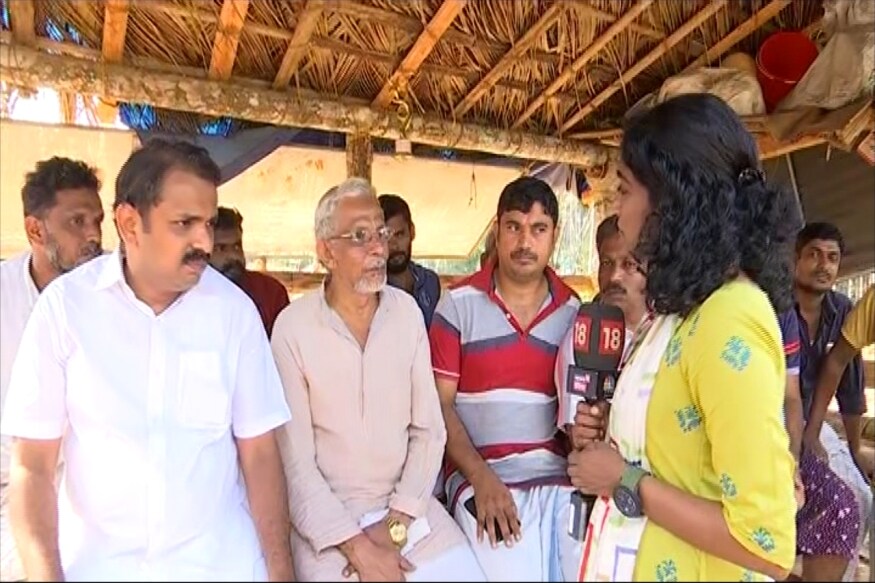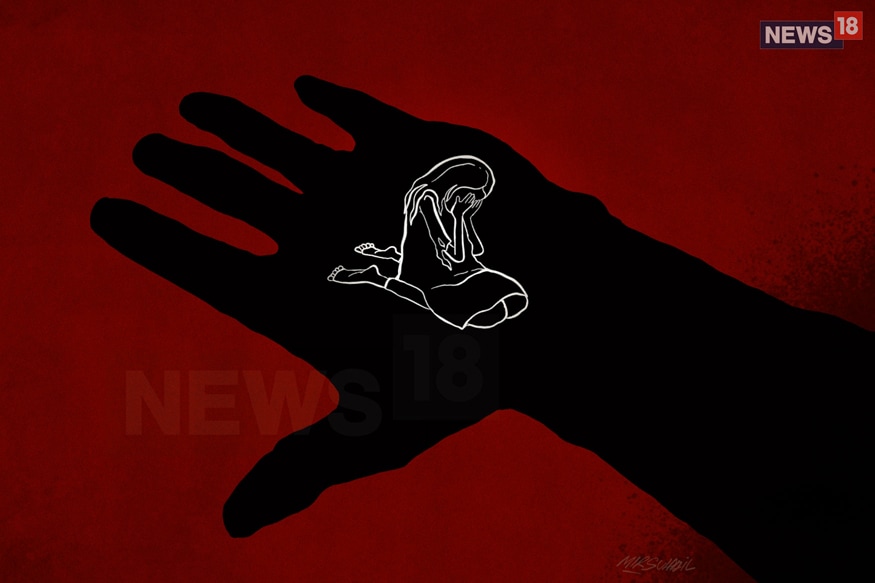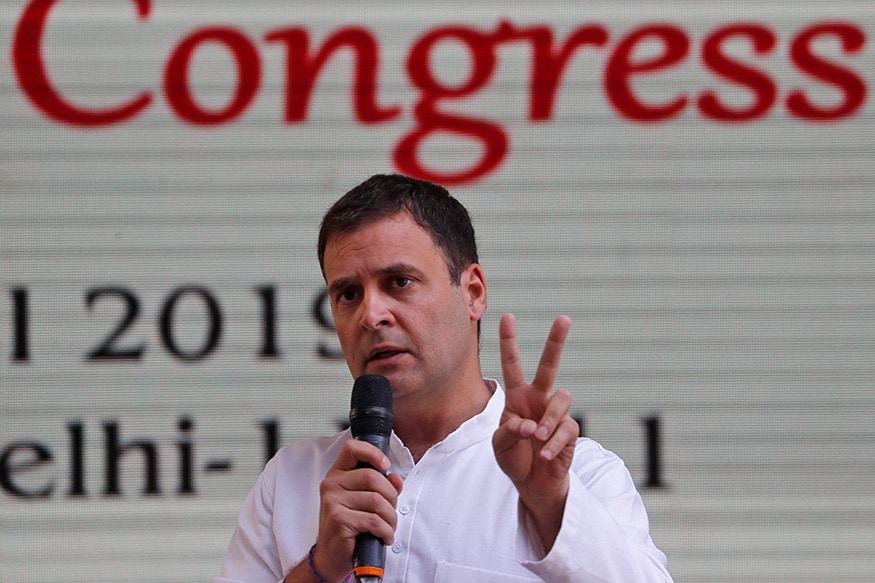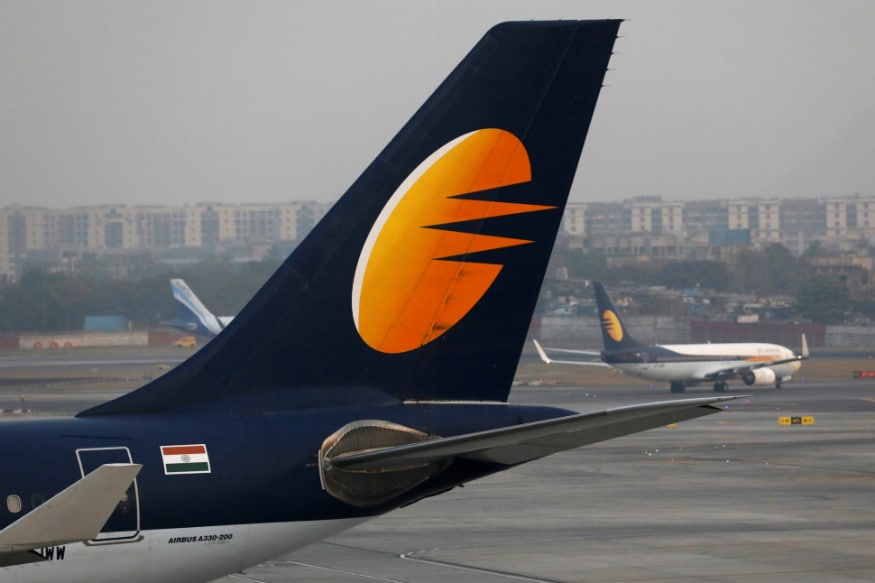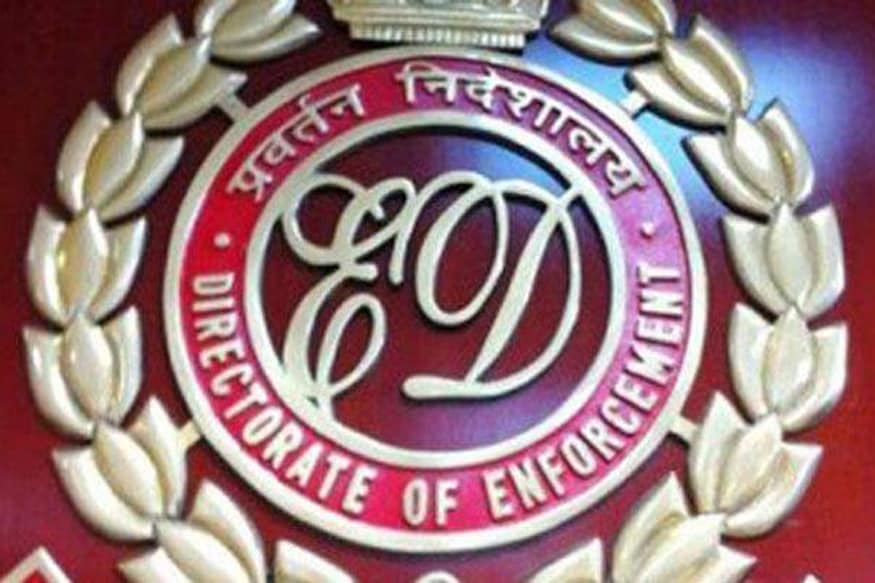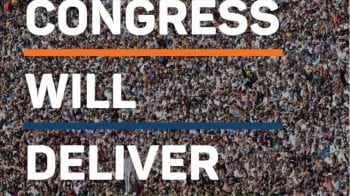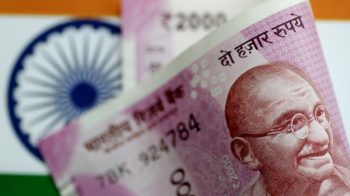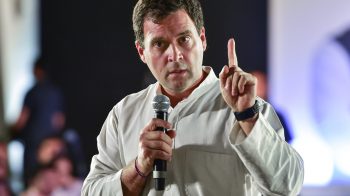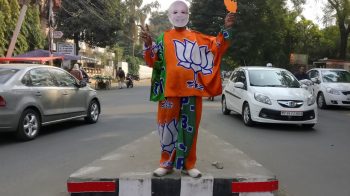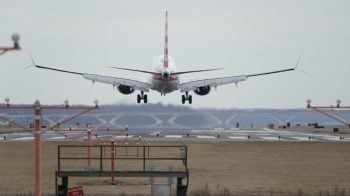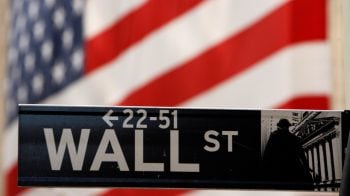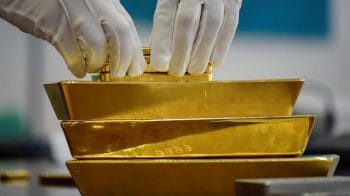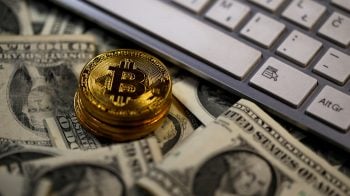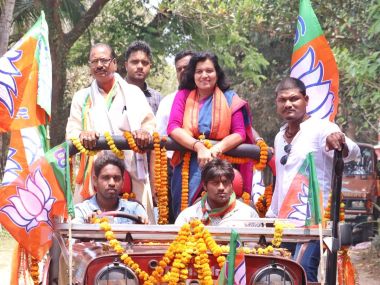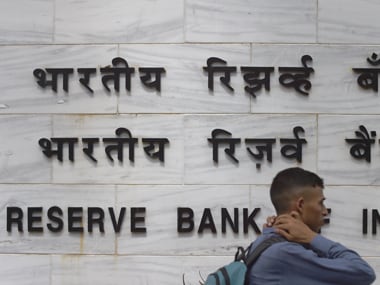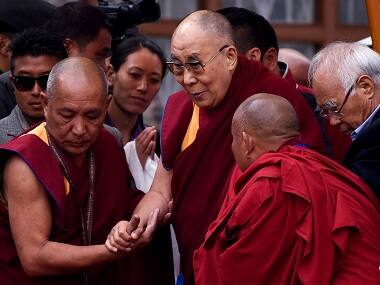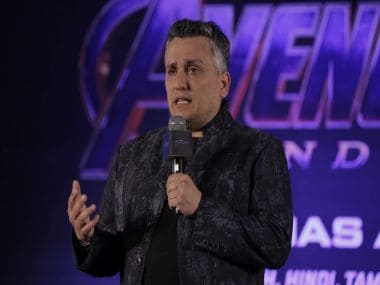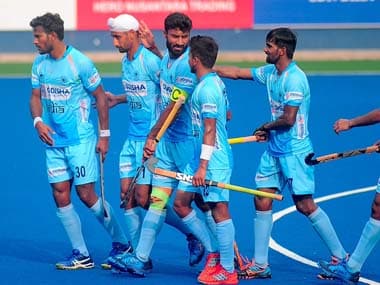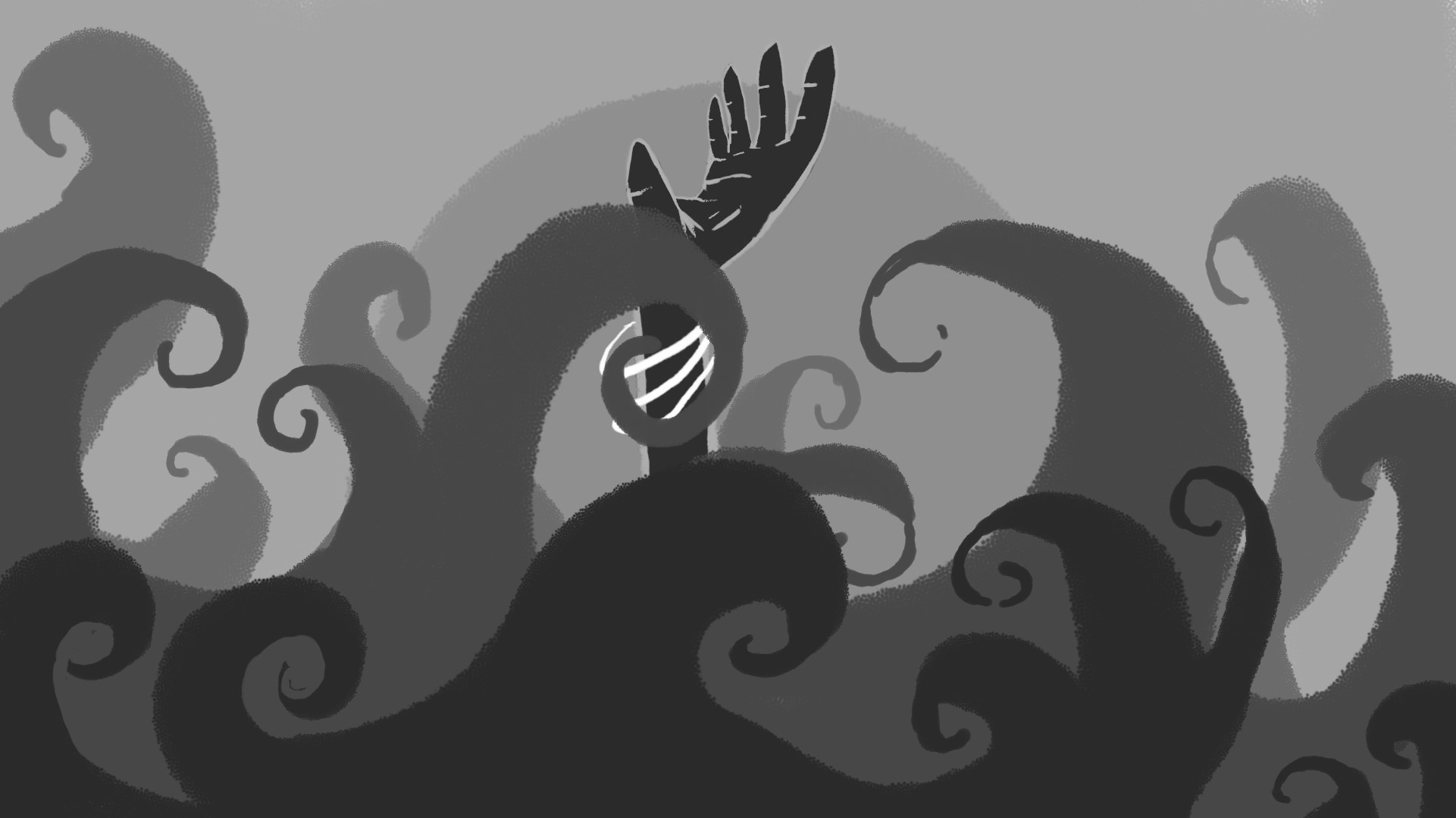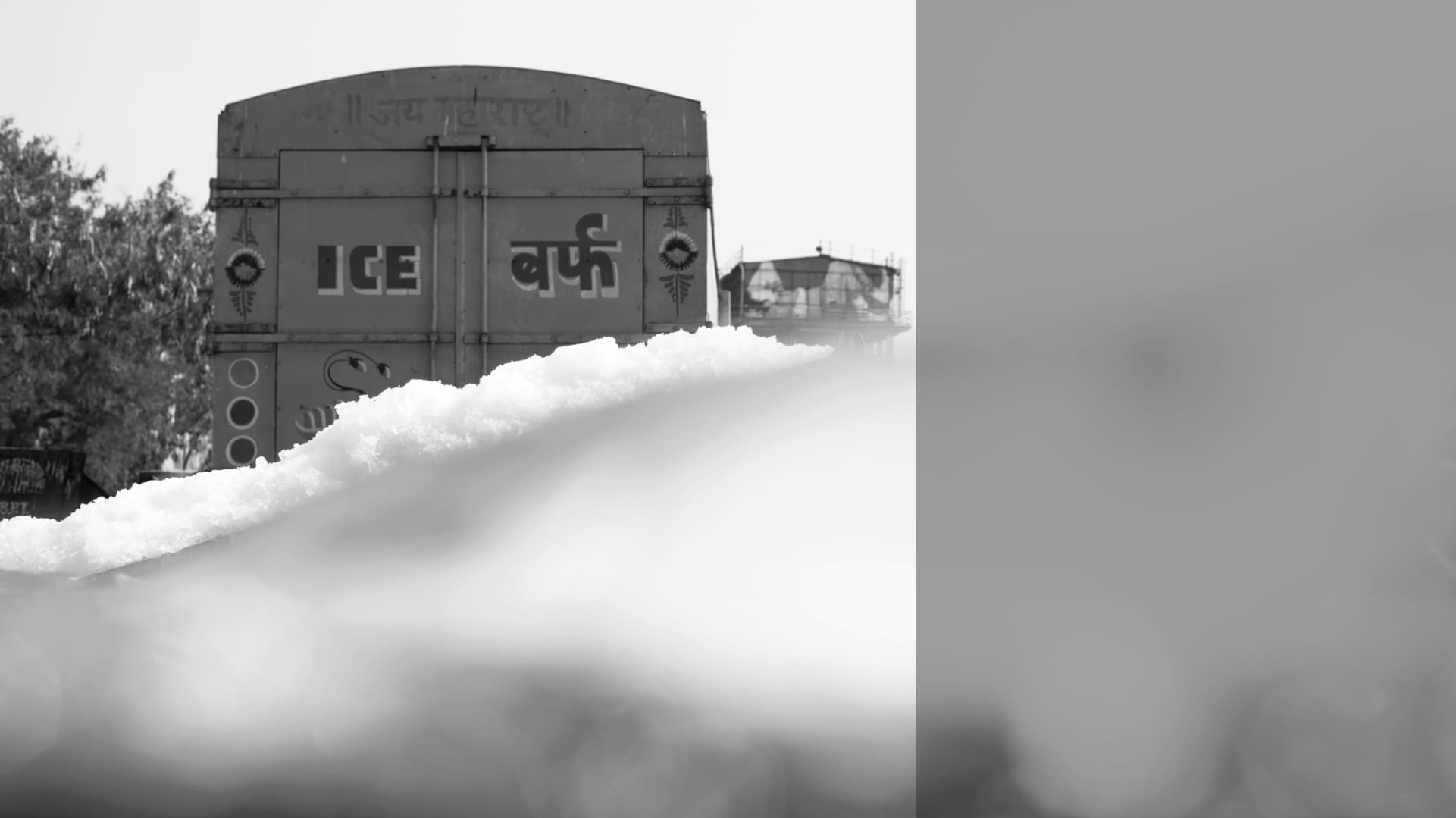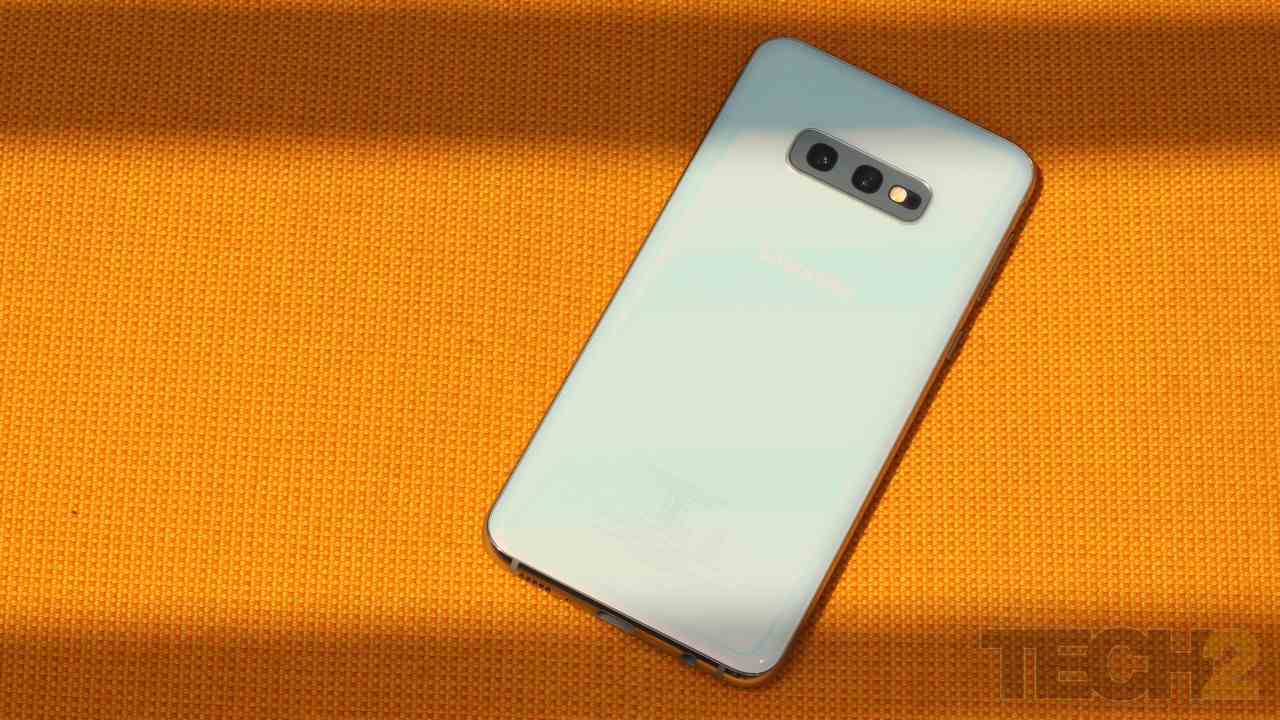With the rise in viewership of the league, sponsorship rates have also gone up.
The razzmatazz and money associated with the Indian Premier League has been well documented and the title sponsorship of the event is an indicator of the eye-popping valuation the franchise-based league enjoys. From Rs 200 crore to Rs 2,199 crore, the title sponsorship fees for the league has seen an exponential growth.
Talking to Moneycontrol, Prateek N Kumar, CEO and MD, NeoNiche, an experiential and digital marketing company, said this eleven fold increase has coincided with the massive growth seen in mobile data infrastructure.
Along with the growth in fees, the cricketing event has also seen more brands interested in getting the title sponsorship deal. Companies as diverse as DLF, Pepsi and Vivo (present sponsor) have been associated with the event as the title sponsor.
"DLF was almost synonymous with the IPL in the initial years. With a large audience and viewership across the country, DLF asserted itself as a trusted brand among the Indians," said Kumar.
But "during this time period (2008-2012), the company witnessed a downturn in sales and was looking to reduce its debts (approximately Rs 227 billion) by selling various assets in March 2013. So, they went against renewing the deal," Kumar added.
In came Pepsi but its association with the cash-rich league did not prove to be beneficial for the brand.
When IPL got mired in the match fixing controversy in 2013, it resulted in negative publicity for the league.
"The Rs 3.96 billion (Rs 396 crore) deal with Pepsi signed in 2013 was almost double of the first 5 seasons before Pepsi reportedly pulled out of the 5-year deal in October 2015 and paid only Rs 2.38 billion (Rs 238 crore) for the 3-year sponsorship deal because of the substantial controversy involved in the match-fixing scandal," he said.
Later, the Board of Control for Cricket in India (BCCI) transferred the sponsorship rights to Vivo for Rs 190 crore for the 2016 and 2017 seasons before going on to seal the rights with a winning bid of Rs 2,199 crore for the next five seasons.
Brands like Zeven, Performax, Daikin and Rupa, who are looking to expand their presence in the Indian market, are currently driving the sponsorship market. Earlier, companies like Hero MotoCorp, Panasonic, Fly Emirates along with more consistent sponsors like Reebok, Adidas, Royal Challenge, India Cement and Nokia drove the sponsorship market.
According to Kumar, earlier brands were either international or domestic leaders in their industry but the current trend seems to be pursuing a new norm.
"Companies with a rich-heritage are often considered the most trustworthy and dependable brands. However, the brands driving the current sponsorship environment are focused on improving their brand image and reach to establish themselves among the local people," he explained.
The sponsorship game for IPL has seen a sea of change. This year, many new companies have come on board but Kumar said that brands should take a closer look at their target market and region to identify the best way to optimise ROI . If planned well, brands can look at sponsoring on an OTT platform that is region-specific to reach their target audience.
Also, with the rise in viewership of the league, sponsorship rates have also gone up.
"Legacy brands can afford to be sponsors but startups and tech-based companies with low profit margins companies such as GoIbibo, Karbonn, Oxigen wallet, etc, will find it to be a pinch in terms of their marketing budget," he said.
Over 100 brands have been associated with the IPL over the years but very few companies have stayed around for a long duration.
"IPL sponsors mainly come in the form of title sponsors and team sponsors (visible through branding on the front, back and sides of jerseys). Mostly due to the extravagant amount of marketing required for a campaign, companies have found it difficult to utilise their marketing budget on other activities," said Kumar.
Brands like Reebok, Adidas, Aircel, Nokia, UltraTech Cement, India Cement, Gulf Oil, Royal Challenge, DHFL and Videocon D2H are some companies who have been associated with the IPL for over seven years.
This year, according to Kumar, the "main differentiator is the availability of OTT advertisements in regional languages, which will help brands reach their target markets more effectively."



















